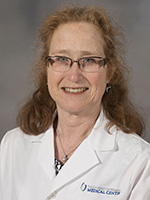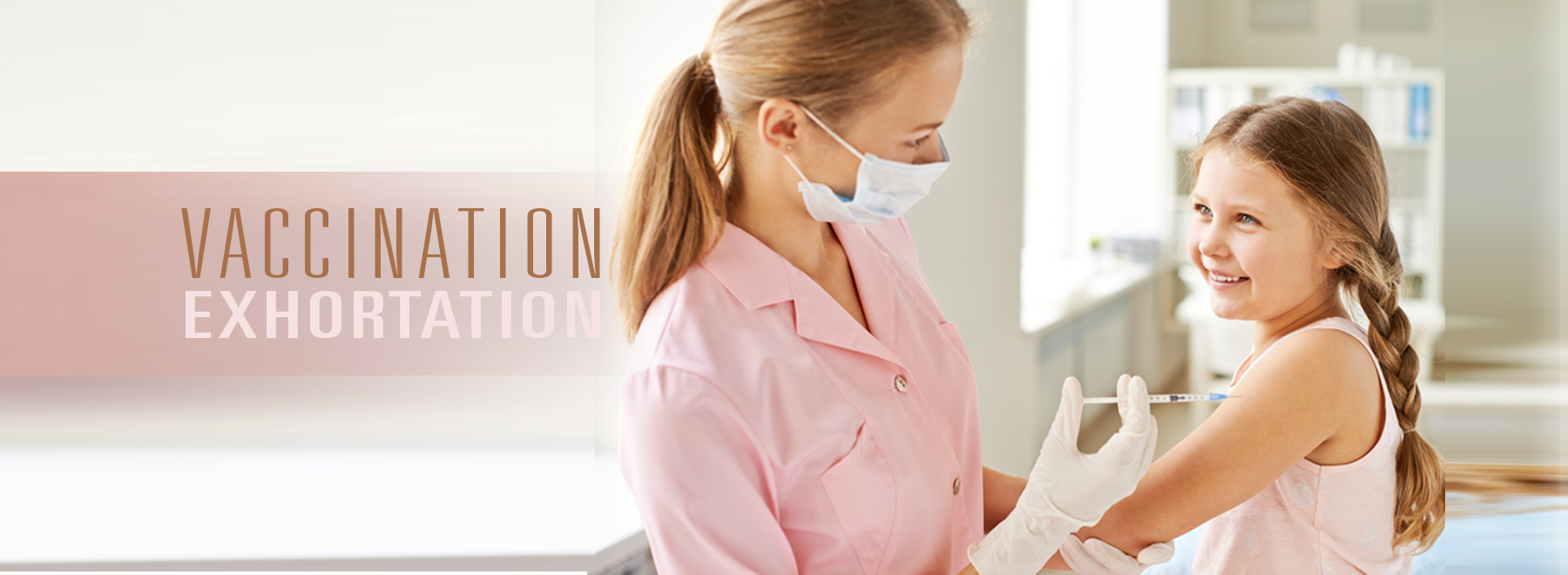To avoid preventable diseases, stay current with vaccines
A thousand years ago, the ancestor of today’s measles virus made the leap from cattle to human. It stampeded its way across the globe, killing millions of people yearly by 1980.
Starting in 1963, a vaccine corralled the virus, and in 2000, the United States declared it eliminated from the country.
Today, the measles virus is making regional reappearances. As of this writing, Washington state and New York City have active outbreaks. The primary contributing factor in these cases: under-vaccination.

“It used to be that nearly everybody contracted measles, which ended with the introduction of the measles vaccine,” said Dr. Desiree Pendergrass, associate professor of preventive medicine and pediatrics at the University of Mississippi Medical Center. The increasing prevalence of vaccine refusal is a public health concern, she said.
“If someone doesn’t take their blood pressure medication or their allergy medication, it affects them alone,” Pendergrass said. “But if someone doesn’t get a vaccination, it affects the community.
“Everyone is at risk.”
Take, for example, the 2014 measles outbreak that started at Disneyland in Anaheim, California. Measles spread from one infected park visitor to 125 people from seven states, Mexico and Canada. In that case, two-thirds of the Californians who contracted measles and were able to receive a vaccine had not done so.
The World Health Organization declared vaccine hesitancy one of its top 10 global health threats for 2019, citing complacency as one of the reasons people choose not to vaccinate. In some cases, people have forgotten just how dangerous some vaccine-preventable diseases can be, Pendergrass said.
“In some ways, vaccines are a victim of their own success,” she said. “When the polio vaccine was first introduced, people lined up to get immunized. Now, people aren’t as afraid of these diseases and do not remember that they can cause disability and discomfort.”
With memories of measles and mumps fading, “School-based requirements are one way to promote vaccination,” Pendergrass said. When these mandates are in place, more children receive the recommended immunizations.
High vaccination rates are essential to building herd immunity. If enough people in a community are immune to a disease, the virus has a harder time spreading from host to host. For measles, herd immunity kicks in when at least 90 percent of individuals are immune, Pendergrass said.
Herd immunity protects everyone, but especially those who cannot receive certain vaccinations safely, Pendergrass said. Young infants who are too young to receive vaccines and immunocompromised people who cannot receive certain vaccines are vulnerable to these infectious diseases. People with documented allergies to a vaccine or its component are another group that remains vulnerable to these illnesses.
In Clark County, Washington, site of a current measles outbreak, fewer than 80 percent of kindergarteners have received the measles, mumps and rubella vaccine. Only Mississippi, West Virginia and now, California do not allow parents to refuse vaccinations for their children for non-medical reasons, like religious or philosophical objections.
“Part of the problem is that while certain religious groups may have documented opposition to vaccination, other [objections] have no recognizable basis,” Pendergrass said. Likewise, some of the medical exemptions people claim are valid, while others are not.
Decades of clinical trials and epidemiology show that vaccines have immense benefits and little risk.
“For the average person, the most common side effects are a sore arm and a mild fever,” Pendergrass said. “And we know that vaccines are effective.”
Pendergrass cites the Haemophilus influenzae b, or Hib, vaccine, which became available in the U.S. early in her medical career. In the decade following its introduction in the U.S., the incidence of invasive Hib disease in young children decreased by 99 percent.
Vaccines aren’t just for children. Adults, too, should check with a physician to see if there’s any vaccines they should receive.
“I think with adults we do a worse job of staying current with appropriate vaccinations and receiving boosters,” Pendergrass said. The public has a “better understanding of the importance of vaccinations for children than for adults, but both are important.
“There is no reason to not make sure you are up-to-date.”
Learn more about the vaccinations here.



